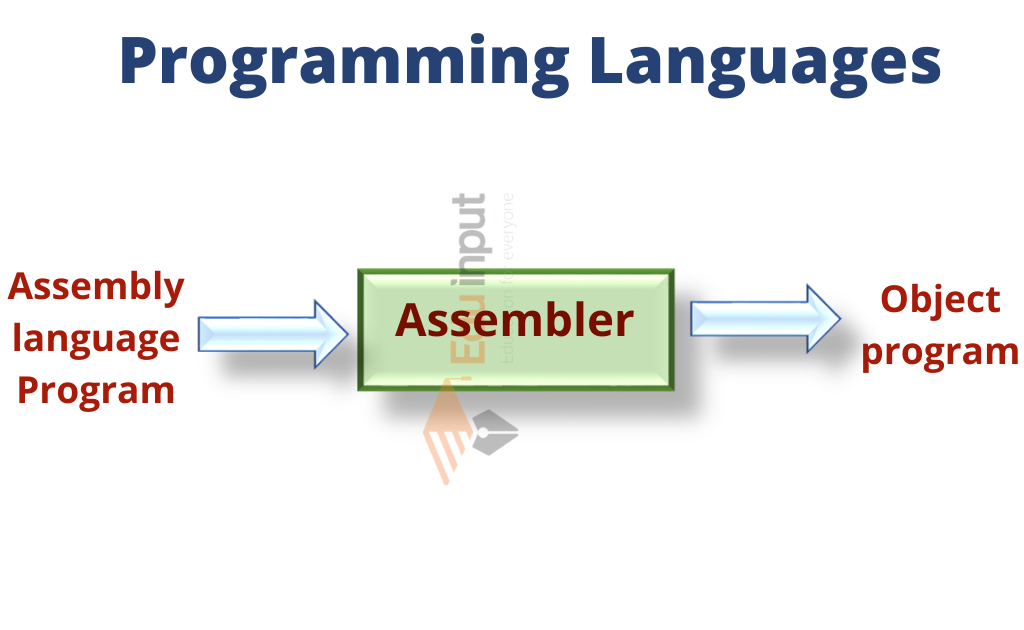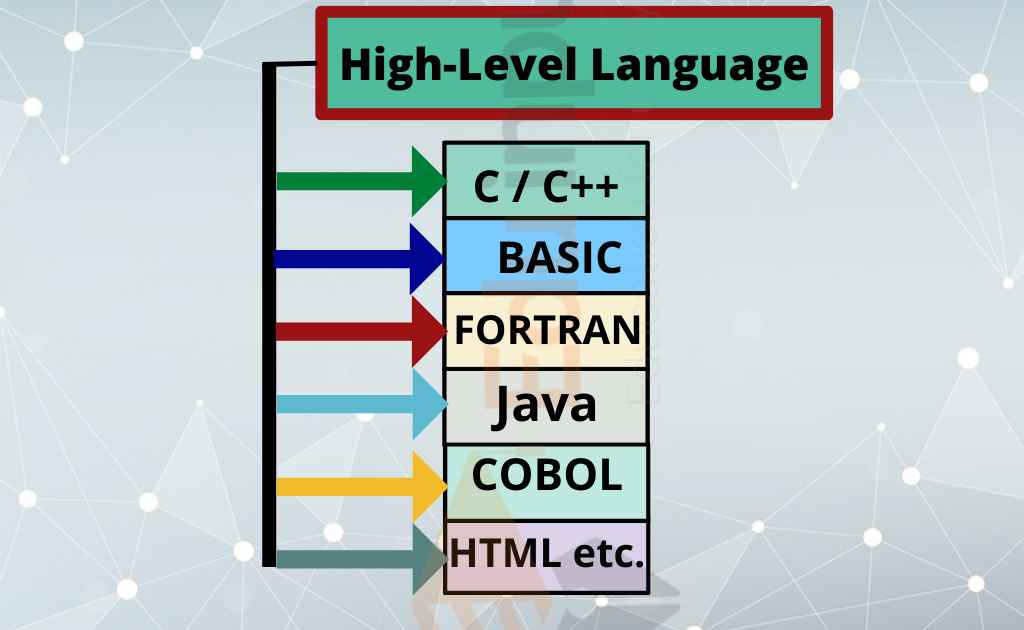History of C Language – Advantages and Disadvantages of C Language
The C programming language was developed at Bell Labs in 1969 by Dennis Ritchie and Ken Thompson. C language was driven from an earlier programming language called BCPL. Ken Thompson developed the B in 1969 by modifying the BCPL.
They wanted to create a simple, portable programming language that would allow them to write programs for their Unix operating system.

The earlier version of C was known as K & R(Kernighan and Ritchie) C. The American National Standard Institute (ANSI) developed a standard version of the language.
C is a general-purpose programming language designed for writing high-level applications. It was originally intended to be a replacement for assembly language but has since grown to become a major component of modern computing systems.
| Language | Year |
| Algol | 1960 |
| BCPL | 1967 |
| B | 1970 |
| Traditional C | 1972 |
| K & R C | 1978 |
| ANSI C | 1989 |
| ANSI/ISO C | 1990 |
| C99 | 1999 |
Advantages of C languages
Now let see some advantages of the C language
Portable Code
The portable nature of C makes it easier to share code between different platforms. If you want to port a program from Windows to Linux, you only need to recompile the code once.
Well Structured Language
C is a well-structured language. Its syntax is very easy to understand. The programs written in C language are easy to maintain and modify.
Structured languages are those where each code of code contains braces. Through the block of braces, it is easy to understand the code structure.
Modularity
Modular programming is a way of structuring code into small units called modules. These modules can then be reused across different programs and projects.
Modules allow programmers to write smaller pieces of code that can be easily combined together to create larger applications. C language provides the facility of modularity.
Open Source
C Language is open source. Anyone can download the source code and modify it according to their own requirements.
Built-in functions
Programmers can develop programs more easily because of C’s extensive built-in functions. Scanf() and printf() functions, can be invoked without being first declared because the compiler automatically links them in.
There are many libraries that offer an even larger selection of these function calls, allowing you to concentrate on your own work.
Quality to extend itself
The c language has its own set of functions in its library. The programmer can create its own function and save it in the c library to make code easier.
Hardware Control
C language provides close control of the hardware. It can be used to write efficient programs to control the hardware component of the computer system.
Low Cost
C is free software. There are no licensing fees associated with using it. This makes it affordable for everyone.
Disadvantages of C language
There are some limitations of the C language.
Inefficient Memory Management
C language does not have any built-in garbage collection mechanism. Garbage collection is a technique where the system automatically reclaims unused memory space. This helps in reducing the chances of running out of memory.
Constructors and Destructors
C++ does not have constructors and destructors. You cannot create objects using C++. So in C Language, you need to carry out the manual construction and/or destruction of the variable, either by utilizing a function or by different means.
Run time Checking
C code is not compiled line by line. This means that the compiler does not check the syntax of the code before completion. If there is any error in the code, the compiler shows error at the run time.

 written by
written by 





Leave a Reply